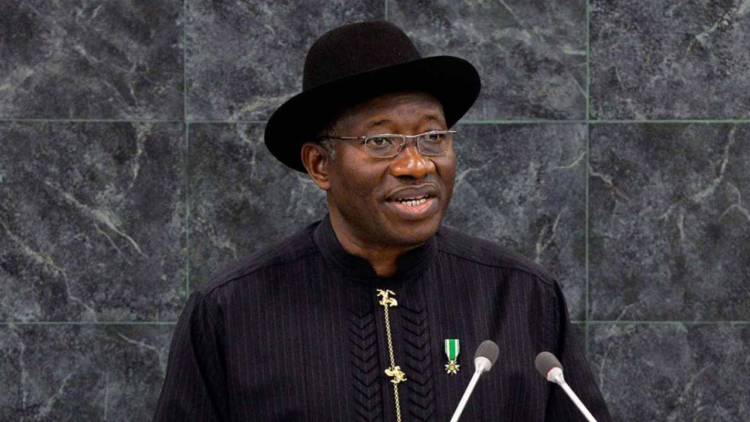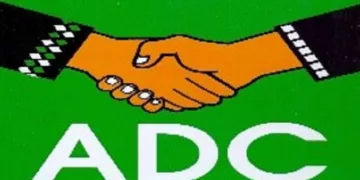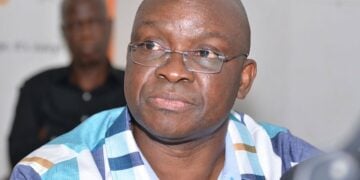A university don, Professor Abdullahi Isa, has said former President Dr Goodluck Jonathan distinguished himself with policies and leadership style that had a human face during his administration.
He said this at a recent stakeholders’ meeting in Abuja, a statement signed by the chairman of the Nigerian Pilot Chapel within the National Union of Journalists (NUJ) FCT, Aron Osai, revealed.
According to the statement, Isa said Jonathan’s leadership style is one of the reasons some Nigerians are clamouring for him to return to active politics.
According to him, former President Jonathan, for instance, saw the need to drop the fuel price by 31.21 per cent on January 17, 2012, from N141 to N97 to align with the people’s yearnings. He said that Jonathan moved the fuel price from N97 to N87 in February 2015 — a price drop of 10.31 per cent.
“He did not only foresee the impact that fuel price increment would have on the lives of ordinary Nigerians but went ahead to create a committee headed by a former Chief Justice of Nigeria, Justice Alfa Belgore, to meet with organised labour and other stakeholders to resolve issues that might arise from the controversy. Before he even increased the fuel price, President Jonathan subjected the decision to discourse, which enabled the economic managers to weigh the pros and cons before the fuel increment.
“Jonathan also set up a Subsidy Reinvestment and Empowerment Programme Board and appointed Dr Christopher Kolade as the chairman, while Major-General Mamman Kontagora (retd) served as deputy chairman of the board. The Kolade committee oversaw and ensured the effective and timely implementation of projects funded with the savings accrued to the federal government from subsidy removal,” he said.
According to him, the characteristics of Jonathan’s policy that directly impacted the lives of the masses were openness and transparency. He added that this was the reason he allowed a different body from the Presidency to manage the fund realised from the subsidy removal.
He said, “The Subsidy Reinvestment and Empowerment Programme Board drew two representatives from the National Assembly, two representatives from organised labour, one representative from the National Union of Road Transport Workers (NURTW), one representative from the Nigeria Union of Journalists, and one representative from Nigerian women groups.
“Others include one representative from Nigerian youths, one representative from civil society organisations, the Coordinating Minister of the Economy/Minister of Finance, the Minister of National Planning, the Minister of Petroleum Resources, the Minister of State for Health, the Special Adviser to the President on Technical Matters, and six reputable individuals from the six geopolitical zones in the country, three of whom were women,” he said.











